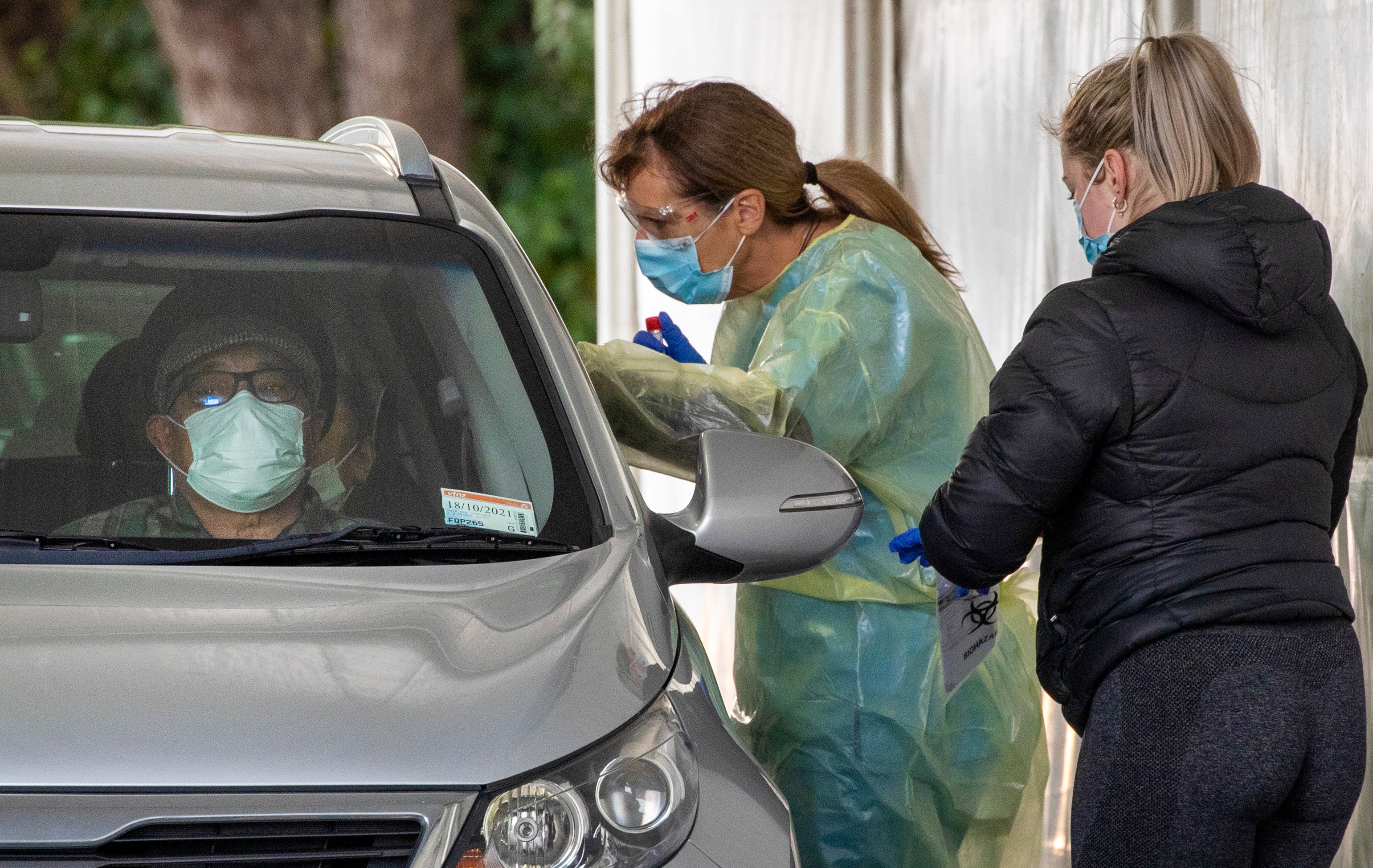Covid ‘immunity debt’ sees influx of sick children in New Zealand hospitals
Immunity debt is caused by a lack of exposure to common illnesses due to coronavirus restrictions

Your support helps us to tell the story
From reproductive rights to climate change to Big Tech, The Independent is on the ground when the story is developing. Whether it's investigating the financials of Elon Musk's pro-Trump PAC or producing our latest documentary, 'The A Word', which shines a light on the American women fighting for reproductive rights, we know how important it is to parse out the facts from the messaging.
At such a critical moment in US history, we need reporters on the ground. Your donation allows us to keep sending journalists to speak to both sides of the story.
The Independent is trusted by Americans across the entire political spectrum. And unlike many other quality news outlets, we choose not to lock Americans out of our reporting and analysis with paywalls. We believe quality journalism should be available to everyone, paid for by those who can afford it.
Your support makes all the difference.Immunity debt from Covid-19 lockdown is causing an influx of babies with a severe respiratory virus into hospitals in New Zealand, it is reported.
The phenomenon occurs where people who have not been exposed to normal levels of viruses and bacteria experience a surge in infections as normal life resumes.
New Zealand is now seeing a high number of babies becoming hospitalised for respiratory illnesses including respiratory syncytial virus (RSV), a common illness that only produces mild symptoms in adults but can be severe or even fatal for children, The Guardian reports.
Wellington currently has 46 children hospitalised with the illness and other hospitals are experiencing similar, putting pressure on the country’s health system.
In February, a paper published found that New Zealand experienced a 99.9% reduction in flu cases and a 98% reduction in RSV thanks to its coronavirus restrictions.
However, New Zealand has reported nearly 1,000 RSV cases in the past five weeks, according to the Institute of Environmental Science and Research.
The usual average is 1,743 over the full 29-week winter season.
A French paper published on immunity debt in May warned of future epidemics.
It said: “While [non-pharmaceutical interventions] NPIs limited the transmission of [coronavirus], they also reduced the spread of other pathogens during and after lockdown periods, despite the re-opening of schools since June 2020 in France.
“This positive collateral effect in the short term is welcome as it prevents additional overload of the healthcare system.
“The lack of immune stimulation due to the reduced circulation of microbial agents and to the related reduced vaccine uptake induced an ‘immunity debt’ which could have negative consequences when the pandemic is under control and NPIs are lifted.
“The longer these periods of viral or bacterial low-exposure are, the greater the likelihood of future epidemics.”
New Zealand was praised for its handling of the coronavirus pandemic. Up to 8th June, the country has seen only 2408 cases and 26 deaths.
Subscribe to Independent Premium to bookmark this article
Want to bookmark your favourite articles and stories to read or reference later? Start your Independent Premium subscription today.
Join our commenting forum
Join thought-provoking conversations, follow other Independent readers and see their replies
Comments